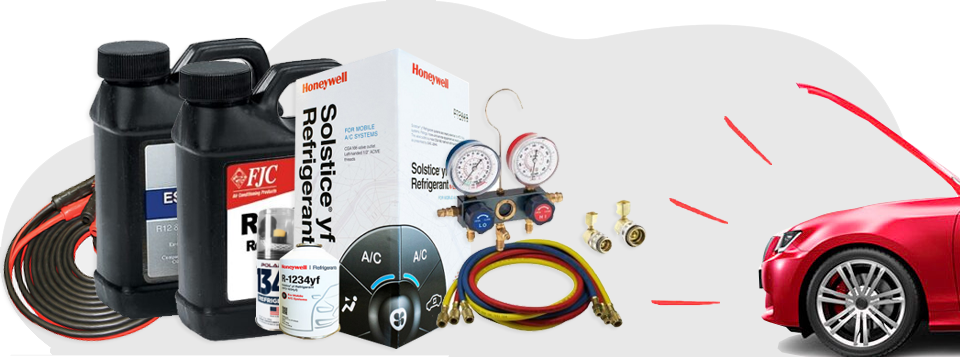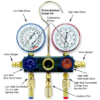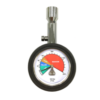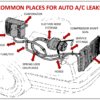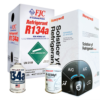Mr. Fixit: 5 Ways to Extend Your Car’s Battery Life
Car batteries generally last between three and six years. Which end of that range a battery’s life will fall depends largely upon how it is treated. Multiple discharge/recharge cycles shorten the battery life. Frequency of use and length of road trips, variations in weather/temperature , accessory usage, humidity, dew and corrosion all can affect this life span. Conversely, proper maintenance and following some “best practice” habits will likewise affect your battery’s life.
1) Dirty, Corroded or Loose Battery Terminals. Dirt accumulates and corrosion frequently develops in the area on and around the battery terminals. Since dirt acts as a conductor and corrosion acts as an insulator, it’s important to keep this area clean. Disconnect the cables, mix equal parts baking soda and water and use it with a wire brush to remove the residue. If the terminals are loose, use a screwdriver or wrench to tighten them and improve the connection.
2) Lack of Use or Excessive Short Drives. If you do not drive your vehicle very often, and when you do it is only a short drive, your battery will have difficulty holding a charge. If a car is parked for days at a time, the battery will not have time to recharge, and if you only drive it short distances it will not recharge sufficiently. Repeatedly draining the battery in this manner will cause it to go bad rather quickly. If at all possible, drive the car regularly. In lieu of that, consider a battery tender to keep the battery charged between uses.
3) Accessory Drain. A battery can maintain a charge while the engine is running, but once it’s off, accessories (headlights and interior lights, Navigation, cell phones) draw directly from the battery. Using accessories when the engine is off is a quick route to a dead battery. In addition, when starting a vehicle, particularly in cold weather, ensure accessories are off before starting.
4) Extreme Temperature. Ambient temperature has a significant impact of the performance and life span of a battery. Extreme heat will increase the amount of sulfates, and consequently shorten the battery life. Also, cold weather affects the liquid electrolyte solution inside the battery, which reduces the battery’s ability to hold a charge. In addition, humidity (and dew) create areas where corrosion can occur. Try to park your vehicle in an enclosed or controlled location to reduce the effects of weather and environment on your battery.
5) Inspection/Maintenance. There are generally obvious symptoms which indicate a battery is failing. If vehicle electronics like remote locks or interior lights randomly stop working, a failing battery may be the culprit. Repeated loss of charge or low cranking on startup demonstrate that the battery may not be able to provide enough power to fire up the engine. An illuminated Battery Light on the dash is also a clear indicator it needs attention. Test your battery regularly, especially after the third year, to reduce your chances of being stranded with no power. An older battery doesn’t hold a charge as long, doesn’t operate as effectively in extreme temperature conditions, and is prone to leakage.
When you do replace your battery, be sure to have it recycled. Batteries are full of lead and sulfuric acid to help it retain a long-lasting, reliable charge. Both of these pose serious risk to the environment (and your health) and must be disposed of properly.
LMK 2021
